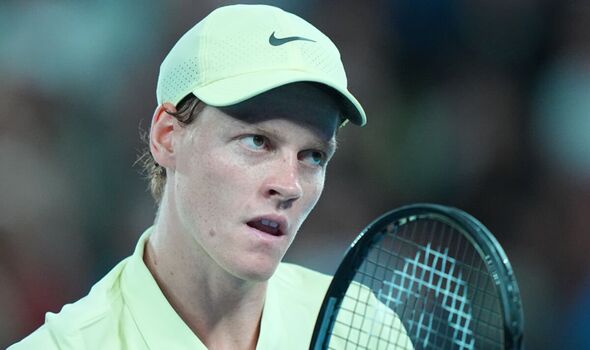
Crimea politics invade the football pitch
March 23, 2014
Race quotas: The terrible power of ‘demographic representivity’
March 23, 2014ANALYSIS/OPINION:
Heavyweight champion Wladimir Klitschko is training in Florida to defend his title in April, against an opponent no one ever heard of in Germany in a fight no one cares about.
But people do want to hear about what Wladimir Klitschko thinks about the Russian crisis in Ukraine — because his brother, former heavyweight champion Vitali Klitschko, is a candidate for president of Ukraine.
“He’s representing me in a certain way over there, and I’m representing him in a certain way over here,” Wladimir Klitschko told reporters. “But I know, as Nelson Mandela said, ‘Sport has the power to change the world.’ And I believe in that very strongly.”
Wladimir Klitschko then suggested a political future that Sarah Palin once saw from her Alaskan home.

Enlarge Photo
Heavyweight boxing champion Wladimir Klitschko, of Ukraine, tapes his hands while training … more
“Geo-politics is a very sensitive topic,” he told reporters. “If you think about it, with all the quality of the lawyers, they could find out the deal between Russia and the United States that was made with Alaska there were some loopholes in the contract. So, let us get it back to where it was before. You can go on and on and on.”
Geo-politics? The Russians taking over Alaska? Pretty heady stuff for a boxer.
But the heavyweight champion of the world has always had some strong political connections — a nationalistic symbol in some cases. It may not carry the same weight it used to — at least in the United States, given the pathetic state of heavyweight boxing — but in Europe, and obviously in Ukraine, the power and influence of heavyweight champion goes beyond the ring.
The case we are most familiar with is Muhammad Ali, who became one of the most powerful symbols of the Vietnam War protests with his refusal to be inducted in the military draft in 1967. His license was revoked, and he was banned from boxing for three years. He spent some of that time on college campuses speaking out against the war and racial issues that divided the country.
So when he finally did meet heavyweight champion Joe Frazier — two undefeated heavyweight champions — at Madison Square Garden on March 8, 1971, it was called the “Fight of the Century” in part because of the political overtones that fight had taken on. Ali was a symbol of the counter-culture, anti-war movement, while Frazier, by default, had the rooting interests of the conservative segment of America — the traditional interests — even though Frazier was not political in the least.
Ali-Frazier I wasn’t the only “Fight of the Century.” The second Joe Louis-Max Schmeling bout in 1938 also has the same designation — also because of the political symbolism the fight had taken on.
It took place at Yankee Stadium, when the world was on the brink of war. Adolf Hitler’s Nazi Germany had taken over Austria, and tensions were running high. Hitler used Schmeling as a symbol of racial superiority — even though Schmeling was not a member of the Nazi party and did what he could to separate himself from those beliefs.
Hitler was not the only Axis ruler to use a heavyweight fighter as a political symbol. Italian dictator Benito Mussolini used heavyweight champion Primo Carnera as a symbol of Italian strength. He was seen as Mussolini’s Roman soldier. Like Schmeling, he would be defeated by Joe Louis.
Long after Carnera’s short reign as heavyweight champion, Mussolini chose the fighter to appear in a propaganda film in North Africa to prove the superiority of Italians. He was matched against an African prisoner of war who, as the story goes, knocked out Carnera with one punch.
All these were a combination of geo- and racial politics. When Jack Johnson became the first African-American to win the heavyweight championship in 1908 — and when he fought former champion James Jeffries, who came out of retirement in 1910 in what was also called the “Fight of the Century” — that was all racial politics.




